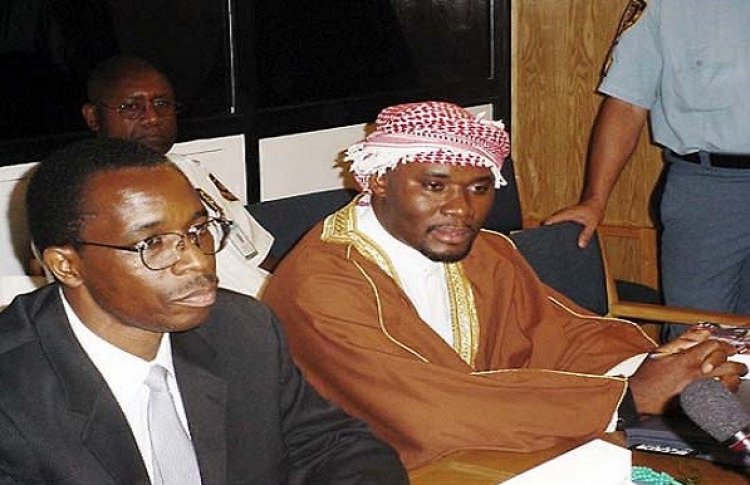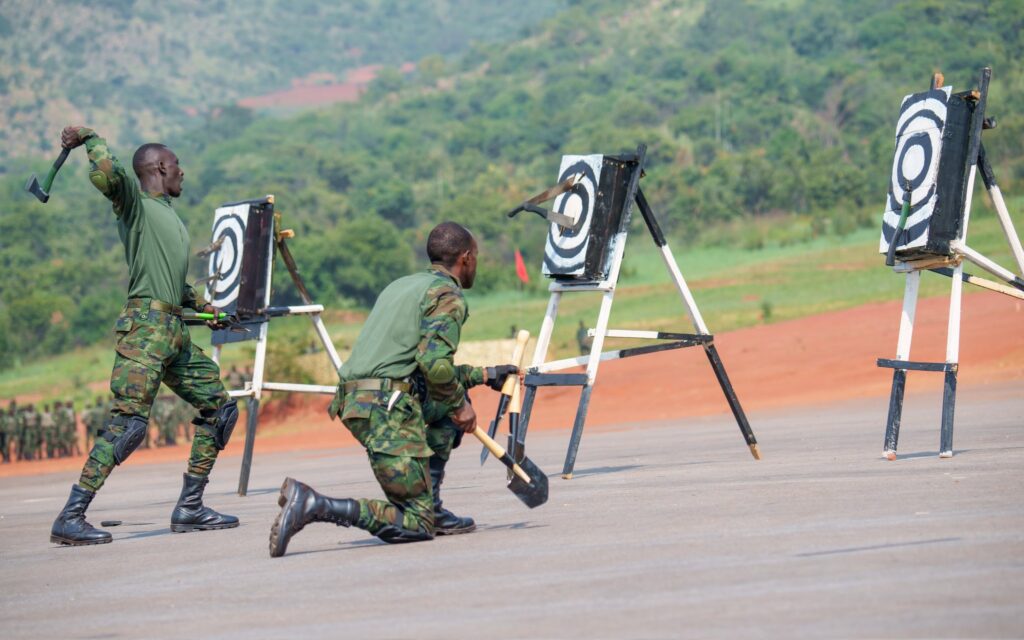As Rwanda commemorates the anniversary of the 1994 Genocide against the Tutsi in which over a million people were brutally murdered, Rwandans and survivors in particular reflect on the role individual journalists, editors and media leaders played in the tragedy.
While a section of the local media did fuel the killings, international press either ignored or misreported what was happening.
The responsibility extends in the post-genocide period especially with the proliferation of hate abetted by internet-based outlets, traditional media and digital platforms in the country and abroad.
There have been concerns over a number of budding Youtube channels, online broadcast stations, blogs and other digital platforms either providing space to deniers/revisionists or promoting rhetoric that propagate genocide ideology.
Individuals and institutions championing memory and genocide prevention, for instance, single out hate and division propagated through different digital platforms as being key impediment to unity of Rwandans years after the genocide against the Tutsi.
Previously, individuals were charged over crimes, including genocide ideology, linked to posts on their internet platforms.
Warning
On its part, Rwanda Media Commission (RMC), the media self-regulatory body warned journalists against unprofessional conducts and more specifically divisionism and genocide ideology during the commemoration period.
The call was issued a day to April 7, the commencement of the week-long national mourning and the 100-day commemoration period.
This and similar calls in the past comes at the backdrop of the so called media trial at former International Criminal Tribunal for Rwanda (ICTR) 19 years ago.
Journalists Ferdinand Nahimana, founding member of the infamous Radio Television Libres des Milles Collines (RTLM), Jean Bosco Barayagwiza who was also top executive of the station, and Hassan Ngeze who was editor of Kangura newspaper will go down in history as the first to get lengthy prison sentences for incitement to murder in their reporting.
The three media leaders were convicted for genocide, conspiracy to commit genocide, direct and public incitement to commit genocide and persecution and extermination as crimes against humanity in the ‘hate media’ trial which was concluded in December 2003 at ICTR.
What the court heard:
- Being named on RTLM was a death sentence. A number of prosecution witnesses testified that individuals referred to in RTLM broadcasts were subsequently killed. Several Tutsi individuals and their families were killed following RTLM broadcasts.
- RTLM broadcasting addressed itself to those manning the roadblocks, in support of their activitiesat the roadblocks, and the message was very clear: to keep the radio nearby as the radio would provide information on the movements of the ‘enemy’.
- Witnesses described radios and weapons as the two key objects that would be found at roadblocks. Many referred to the station as “Radio Rutswitsi”, and “Radio Machete” later on after April 6.
- The Interahamwe militia listened to RTLM and acted on the information that it broadcast. It actively encouraged them to kill, relentlessly sending the message that the Tutsi were the enemy and had to be eliminated once and for all.
- RTLM also broadcast messages encouraging Tutsi civilians to come out of hiding and to return home or to go to the roadblocks, where they were subsequently killed.
- Kangura newspaper, on its part, published ethnic hatred and threats that had the effects of poison. In one cover (Issue No. 26) Kangura answered the question “What weapons shall we use to conquer the Inyenzi once and for all?” with the depiction of a machete.
Verdict
The ICTR initially handed two of the media leaders — Ferdinand Nahimana and Hassan Ngeze — life imprisonment while Jean Bosco Barayagwiza was sentenced to 35 years. They lodged an appeal whose verdict was read November 28, 2007.
The sentences for Nahimana and Ngeze were reduced from life imprisonment to 30 years and 35 years respectively, while Barayagwiza was handed 32 years.
The latter died while serving the sentence. Nahimana and Ngeze were transferred to be jailed in Mali for the remainder of their sentences.
A third RTLM journalist, the Belgian Georges Ruggiu, had been sentenced to 12 years in prison in June 2000 for incitement to genocide and crimes against humanity.
Who are they?
Details from respective case files indicate that Ferdinand Nahimana was born in 1950, in Gatonde commune, former Ruhengeri préfecture. He was an assistant lecturer of history at the National University of Rwanda, and held many posts within the same university up to 1984.
In 1990, he was appointed Director of then ORINFOR (Rwandan Office of Information) and remained in that post until 1992. Nahimana and others later set up the company known as Radio télévision libre des mille collines, S.A. He was a member of the party known as Mouvement révolutionnaire national pour le développement (MRND).
Jean-Bosco Barayagwiza was born in 1950 in Mutura commune, former Gisenyi préfecture. A lawyer by training, he was a founding member of the (CDR) party. He was one of the founders of the company Radio télévision libre des mille collines, S.A. He was also Director of Political Affairs in the Ministry of Foreign Affairs.
Hassan Ngeze was born in 1957 in Rubavu commune, former Gisenyi préfecture. He worked as a journalist from 1978, and in 1990, he founded the newspaper Kangura of which he became Editor-in-Chief. He was also a founding member of the CDR party.
Nahimana and Barayagwiza were arrested in Cameroon on March 26, 1996, while Ngeze hid in Kenya where he was arrested on July 18, 1997.
Commenting on the 2003 ICTR ruling, Reporters Without Borders stated that “their sentences should serve as a call to order to all the publications that constantly flout the most elementary rules of professional ethics and conduct.”
“We hope these sentences are seen as a warning to the many journalists in Africa and elsewhere who also stir up hate in their writing,” its secretary general then said.






